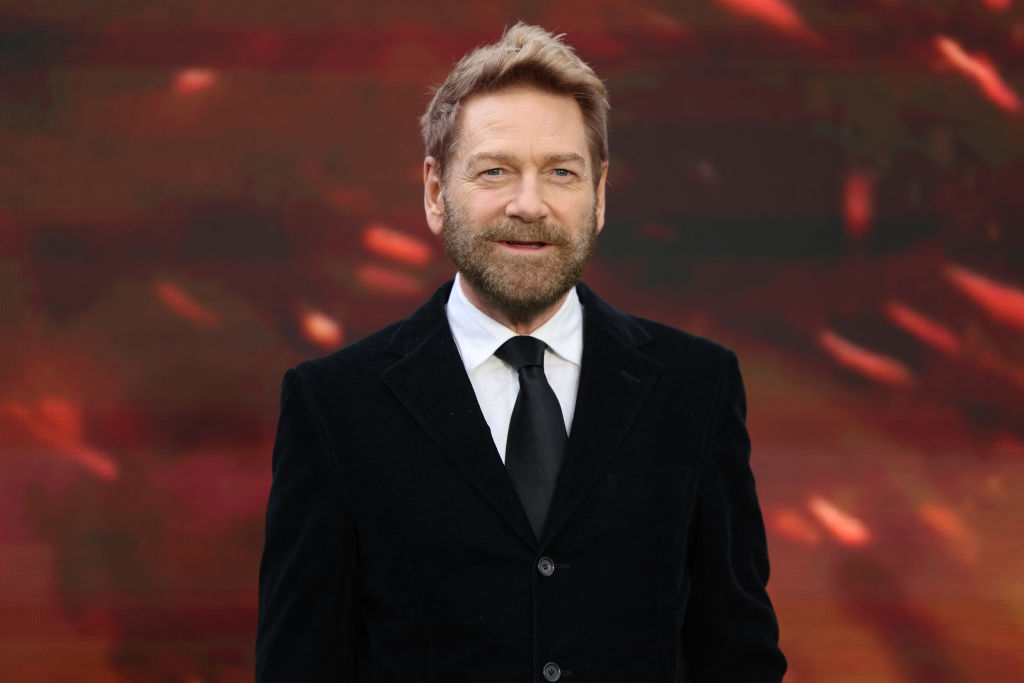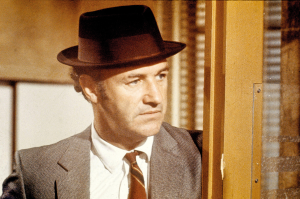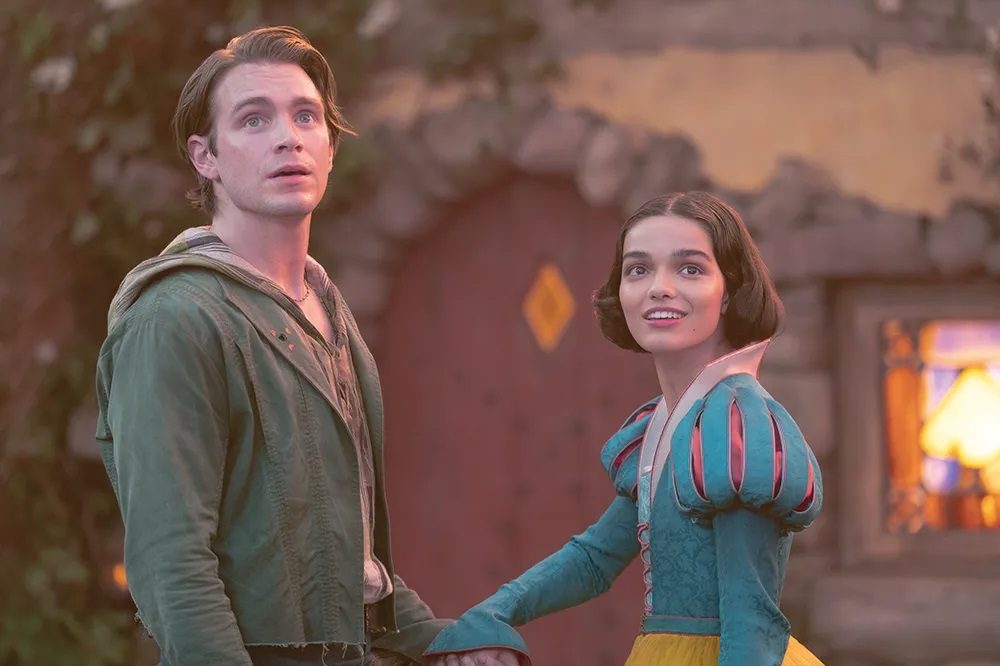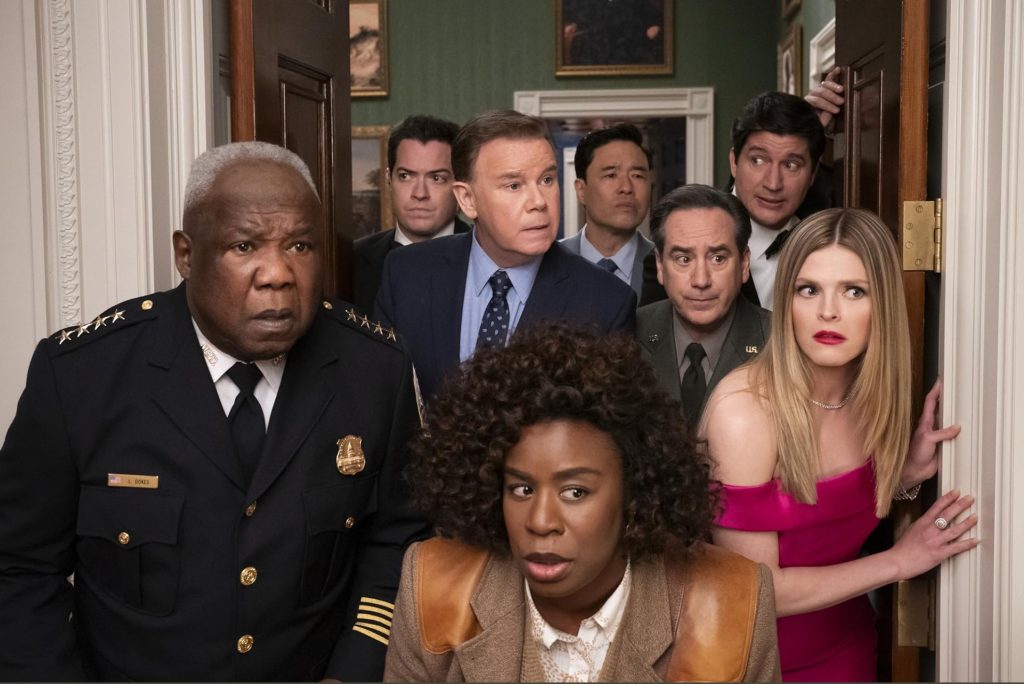If the average person were to be asked what Sir Kenneth Branagh had won an Oscar for, the vast majority would probably say “acting.” Then when told that, despite two Academy Award nominations, he has not been so rewarded, they might then assume that it’s his direction of such films as Henry V, Hamlet or Belfast that led him to take him gold. In fact, though, it’s his screenplay for the latter film that finally won him an Oscar in 2022, showing that Branagh is a true renaissance man; it is not for nothing that first theater company he founded was called the Renaissance.
This summer has been, as usual, a busy and productive one for the actor-writer-director. His third Agatha Christie adaptation, A Haunting in Venice, has just opened in US theaters, and Branagh, who both directs and plays the mournful super-sleuth Hercule Poirot, has received critical plaudits for bringing touches of mild Gothic horror into what would otherwise be a run-of-the-mill murder mystery. Earlier this year, he had a key supporting role in Christopher Nolan’s behemoth biopic Oppenheimer as the physicist Niels Bohr. And although some unkind critics suggested that his Danish accent was wildly inconsistent, Branagh brought an appropriate gravity to the man who first suggested to Oppenheimer that his involvement in the Manhattan Project might be scientifically groundbreaking, but would come at a vast moral cost. Later this year, Branagh will return to the London stage in King Lear, which he will also direct. It is tempting to wonder when he ever finds the time to sleep.
Branagh may be one of the greatest talents of his generation, but he is also the most erratic. It comes as a genuine surprise to look at some of the films that he has directed: if you didn’t know that he was responsible for the notorious fantasy flop Artemis Fowl, the dismal action film Jack Ryan: Shadow Recruit or the practically unseen Shakespeare biopic All Is True, then you would remain happily ignorant, safe in the knowledge that nobody is going to be singing their praises any time soon. As an actor, he alternates between lead roles in the films he has directed (including the Poirot trilogy) and supporting parts in other directors’ films, although he has now suggested that the only filmmaker he will appear for, apart from himself, is Christopher Nolan. This might sound hubristic from anyone else, but given how good he was in Oppenheimer, Dunkirk and — yes — Tenet, it seems little more than common sense.
In Britain, Branagh has always been treated with a mixture of respect and ridicule. He was much mocked at the beginning of his career for being a so-called “luvvie,” married to Emma Thompson and apparently set on a one-man mission to bring Shakespeare to the masses. Sometimes, this worked wonderfully — his films of Henry V and Hamlet are both excellent — and sometimes it did not. His musical adaptation of Love’s Labour’s Lost was extremely bad. And he hasn’t fared better in the US. His performance as the villain in Wild Wild West may have been the worst part of an extremely bad film, a dementedly over-the-top appearance that was almost unbearable to watch.
Yet over the past couple of decades, he has not merely overcome critical and commercial disappointments, but has flourished, while many of his peers are left behind. Part of this lies with his much-praised amicability and willingness to work with other actors as part of a company — few have a bad word to say about him — but it’s also his cheerfully haphazard approach to the material he undertakes. There aren’t many other people in Hollywood who could direct Thor, Cinderella and a filmed opera of The Magic Flute, and still find time to play Sir Laurence Olivier in My Week with Marilyn. It’s also worth remembering that Branagh, as an actor, is usually good, even if the rest of the film is dismal, and the affection that is felt towards him in the industry was borne out by the significant critical and commercial success of his autobiographical film Belfast.
For many viewers, Branagh may not erase memories of David Suchet’s Poirot — or, for those of an older vintage, Peter Ustinov or Albert Finney — but his more downbeat, wry take on the character has its own charms. It’s unclear whether there will be more films in the series (with thirty-three novels, fifty short stories and two plays, there’s hardly a shortage of material), but if there are, you can bet that this most prolific and committed of actor-directors will give it his best shot. Branagh might not be the steadiest or most consistent figure working today, but he may well be the luckiest, a man who has been given break after break and has done his best with them. The movies, and theater, would both be poorer places without him.

























